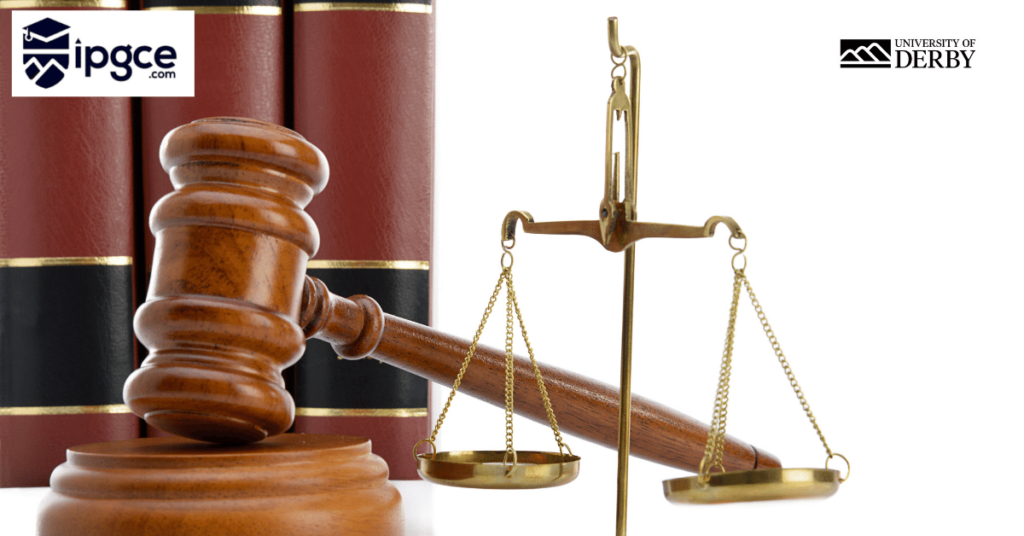Despite the growing movement by some top law schools to no longer participate in rankings, many still need to be convinced that such a move will have a significant impact. Those still participating in the rankings argue that for small and mid-sized law schools, refusing to be ranked could put them at a disadvantage compared to larger schools that can afford to opt out.
Read the rest of the article here: https://www.ipgce.com/not-all-law-schools-boycott-rankings
Contact us here: https://www.ipgce.com/contact-us
Critics of the current ranking system point to its potential for skewing data in favour of large institutions with abundant resources and creating an inequitable playing field. They also cite research showing how students place too much emphasis on rankings when choosing a school. At the same time, supporters of ranking systems note they provide useful information about schools’ performance and prestige within the legal profession debate over rankings has become even more heated in recent months as more and more law schools have chosen to opt out of the system. At least 40 schools, including Yale Law School, Harvard Law School and Columbia Law School, have now boycotted or are considering boycotting the US News & World Report’s annual law school ranking. The movement protests against what many consider an inaccurate and unfair system that rewards large institutions with deep pockets while punishing smaller ones with fewer resources.s
However, other law schools say they simply can’t afford to leave the rankings and risk losing potential applicants due to their lower rank. Many small and mid-sized institutions rely on ranking systems for visibility and attracting students and fear that boycotting the system could have disastrous effects on their admissions numbers. This dilemma highlights how ranking systems can be both a boon and a burden for law schools, depending on one’s size and budget.
Ultimately, it is up to each institution to decide whether or not participating in rankings is worth the potential risks and rewards. In the meantime, legal experts debate the merits and shortcomings of ranking systems as more law schools refuse to participate.

The conversation surrounding rankings has also extended beyond US News & World Report’s list, with other organisations also drawing attention with their assessments. Organisations like The American Association of Law Schools (AALS) and the National Jurist have developed their rankings, focusing on different criteria. For example, the AALS’ ranking system considers student outcomes such as bar passage rates and job placement numbers. In contrast, The National Jurist’s ranking looks at the cost of tuition and other factors.
These alternative ranking systems provide valuable information to prospective law school applicants looking for more comprehensive data when deciding. Ultimately, it remains to be seen whether these rankings will become more popular or merely supplement existing ones. In the meantime, legal experts across the country are watching with interest as institutions continue to decide whether or not participating in rankings is worth the risks and rewards.
What do you think of the current ranking system and its alternatives? Let us know in the comments section below.
.
Contact Us Directly on Wechat or WhatsApp

Meet Our Successful Graduates: Learn how our courses have propelled graduates into rewarding
careers. Explore their success stories here!
Discover More About Your Future: Interested in advancing your teaching career? Explore our
IPGCE, MA, and QTS courses today!

Explore Our Courses: Ready to take the next
step in your education journey? View our
comprehensive course offerings now!

